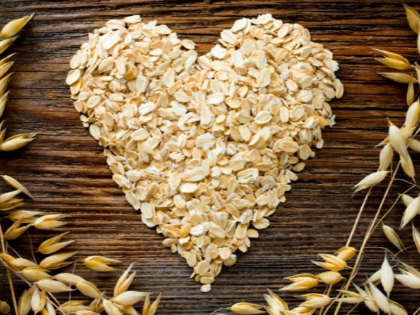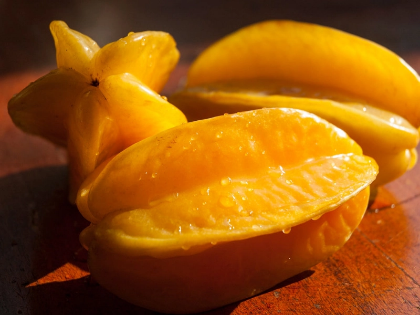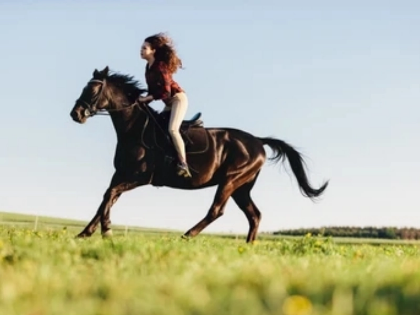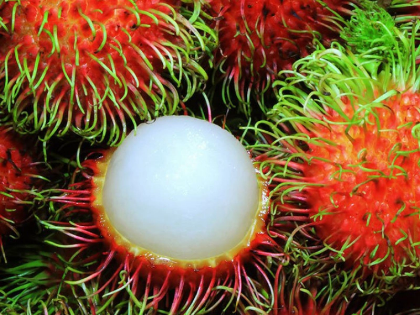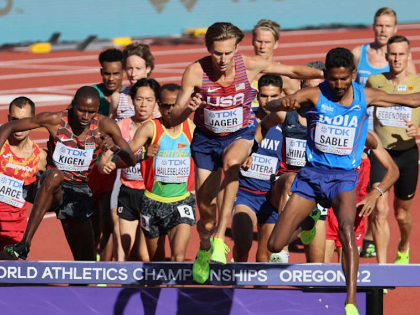Equestrian Sports in the Olympics
The Olympic Games have long history of equestrian sports, which highlight the amazing cooperation between rider and horse. These events draw attention to the riders' talent, accuracy, and artistry as well as the horses' athleticism. Equestrian sports provide a special combination of elegance and competitiveness with disciplines spanning from dressage to show jumping and eventing. The several equestrian competitions held in the Olympics, their background, and the competitors who shine in this esteemed venue are discussed in this page.
Equestrian Events in History
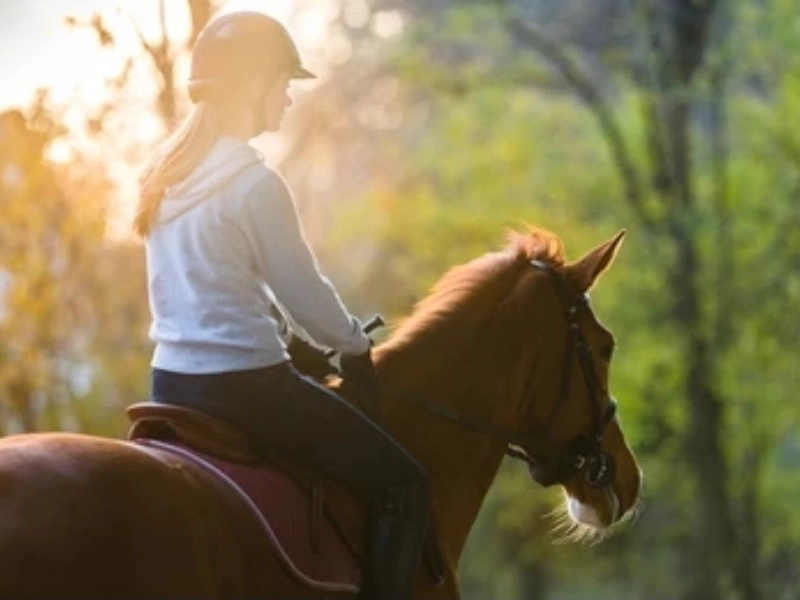
disciplines of equestrian sports
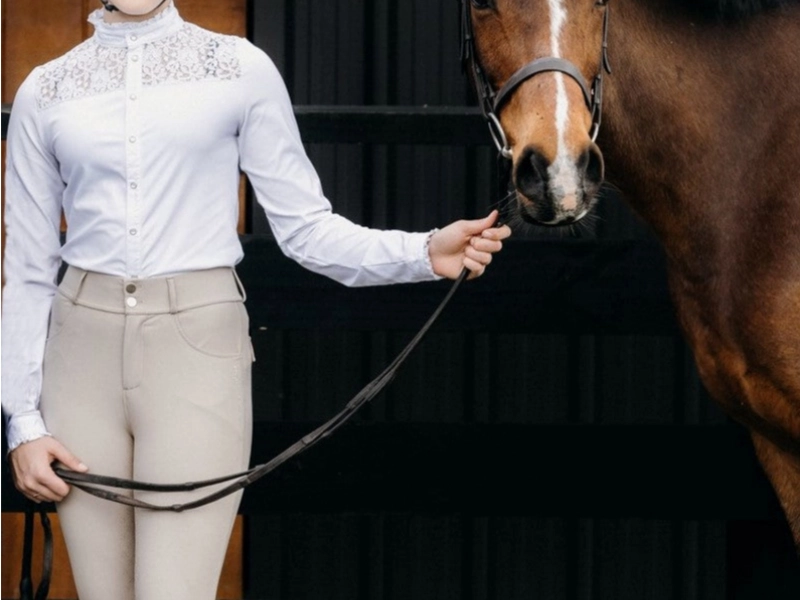 Three key disciplines comprise Olympic equestrian sports: dressage, show jumping, and eventing. Every field calls for different yet related sets of abilities and training.
Often referred to as "horse ballet," dressage involves the performance of a set series of premeditated motions in harmony by horse and rider. Judges assess the performance considering accuracy, smoothness, and the general look of the horse. Emphasizing their capacity for working as one, this discipline stresses the training and relationship between horse and rider.
Conversely, show jumping evaluates the rider's control and the horse's agility across an obstacle course. The course is to be finished without missing any jumps or running penalties for time. For onlookers, this quick-paced event is exciting since riders have to make split-second judgments while keeping their cool.
Eventing blends show jumping, dressage, and cross-country. Rivals have to show adaptability and ability over many ground conditions and obstacles. Often considered as the greatest test of both horse and rider, this sport demands them to be excellent in many contexts.
Three key disciplines comprise Olympic equestrian sports: dressage, show jumping, and eventing. Every field calls for different yet related sets of abilities and training.
Often referred to as "horse ballet," dressage involves the performance of a set series of premeditated motions in harmony by horse and rider. Judges assess the performance considering accuracy, smoothness, and the general look of the horse. Emphasizing their capacity for working as one, this discipline stresses the training and relationship between horse and rider.
Conversely, show jumping evaluates the rider's control and the horse's agility across an obstacle course. The course is to be finished without missing any jumps or running penalties for time. For onlookers, this quick-paced event is exciting since riders have to make split-second judgments while keeping their cool.
Eventing blends show jumping, dressage, and cross-country. Rivals have to show adaptability and ability over many ground conditions and obstacles. Often considered as the greatest test of both horse and rider, this sport demands them to be excellent in many contexts.
Preparement and Training
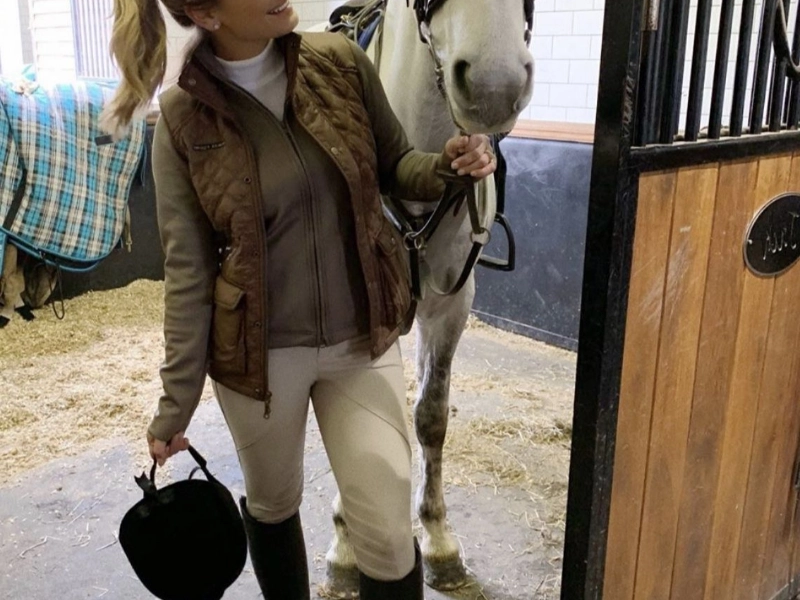 Olympic equestrian events call for a difficult and rigorous training program. Riders and their horses go through a lot of preparation to guarantee best performance in contests. Horse and rider have a great relationship since success depends much on communication and trust.
Usually, training calls for physical conditioning, skill development, and mental preparedness together. To hone their methods and raise their performance in every discipline, riders regularly collaborate with trainers. To guarantee they are in best shape for competition, horses also follow particular training schedules meant to develop endurance, agility, and strength.
Important elements of training also are nutrition and care. The horses' health and performance are maintained in part by appropriate food, grooming, and veterinary treatment. Riders have to also concentrate on their own health since success in demanding events like the Olympics depends on both physical strength and mental resilience.
Olympic equestrian events call for a difficult and rigorous training program. Riders and their horses go through a lot of preparation to guarantee best performance in contests. Horse and rider have a great relationship since success depends much on communication and trust.
Usually, training calls for physical conditioning, skill development, and mental preparedness together. To hone their methods and raise their performance in every discipline, riders regularly collaborate with trainers. To guarantee they are in best shape for competition, horses also follow particular training schedules meant to develop endurance, agility, and strength.
Important elements of training also are nutrition and care. The horses' health and performance are maintained in part by appropriate food, grooming, and veterinary treatment. Riders have to also concentrate on their own health since success in demanding events like the Olympics depends on both physical strength and mental resilience.
Prominent Equestrian Athletes
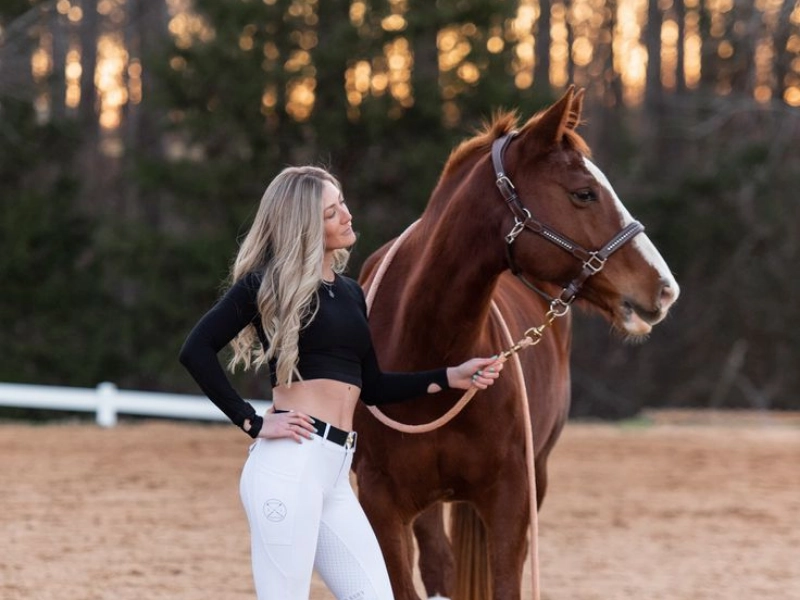 Many equestrian athletes have made their marks on the game across Olympic history. Renowned success has come from figures like Dutch dressage rider Anky van Grunsven, who has won several gold medals and global championships. Many cyclists all around have been motivated by her creative methods and sport-related commitment.
Athletes such as Brazilian Rodrigo Pessoa have shown extraordinary ability in show jumping, having won many Olympic gold and become icons in the sport. Their success emphasizes not only their abilities but also the need of cooperation with their horses.
Not only had eventing produced some amazing athletes, including New Zealand's Mark Todd, who has won several Olympic gold medals. His efforts for the sport have raised the profile of eventing and motivated next riding generations.
Many equestrian athletes have made their marks on the game across Olympic history. Renowned success has come from figures like Dutch dressage rider Anky van Grunsven, who has won several gold medals and global championships. Many cyclists all around have been motivated by her creative methods and sport-related commitment.
Athletes such as Brazilian Rodrigo Pessoa have shown extraordinary ability in show jumping, having won many Olympic gold and become icons in the sport. Their success emphasizes not only their abilities but also the need of cooperation with their horses.
Not only had eventing produced some amazing athletes, including New Zealand's Mark Todd, who has won several Olympic gold medals. His efforts for the sport have raised the profile of eventing and motivated next riding generations.
Horses' Part in Equestrian Sports
 Equestrian sports center on horses, hence their welfare is of great relevance. Trust, communication, and respect between horse and rider define their relationship. Excellent performances and unforgettable events in the arena might result from a great cooperation.
Often especially developed for their agility, temperament, and trainability, horses used in Olympic events are To meet the rigors of their particular fields, they go through intense training. These horses' health directly affects their performance, hence their supervision and care are absolutely important.
Furthermore, the wellbeing of competition horses has lately taken front stage. Emphasizing the need of ethical methods in training and competition, organizations and controlling authorities are enacting policies to guarantee the compassionate treatment of horses. This welfare emphasis helps the horses as well as improves the integrity of equestrian sports generally.
Equestrian sports center on horses, hence their welfare is of great relevance. Trust, communication, and respect between horse and rider define their relationship. Excellent performances and unforgettable events in the arena might result from a great cooperation.
Often especially developed for their agility, temperament, and trainability, horses used in Olympic events are To meet the rigors of their particular fields, they go through intense training. These horses' health directly affects their performance, hence their supervision and care are absolutely important.
Furthermore, the wellbeing of competition horses has lately taken front stage. Emphasizing the need of ethical methods in training and competition, organizations and controlling authorities are enacting policies to guarantee the compassionate treatment of horses. This welfare emphasis helps the horses as well as improves the integrity of equestrian sports generally.
The Prospect of Equestrian Activities
Equestrian sports present fresh possibilities as they develop as well as problems. Future expansion of the sport depends critically on the addition of more varied events and the encouragement of inclusivity within it. Furthermore probably influencing rider preparation for competitions are developments in technology and training techniques. Future equestrian sports will also be shaped in great part by sustainability and animal welfare. From horse care to event planning, the equestrian world is progressively emphasizing sustainable methods as knowledge of environmental problems rises. The Olympic Games will remain a stage for presenting equestrian sports' beauty and ability. Athletes and horses pushing the boundaries of performance will surely leave excitement and passion behind them to enthrall viewers for next generations.
